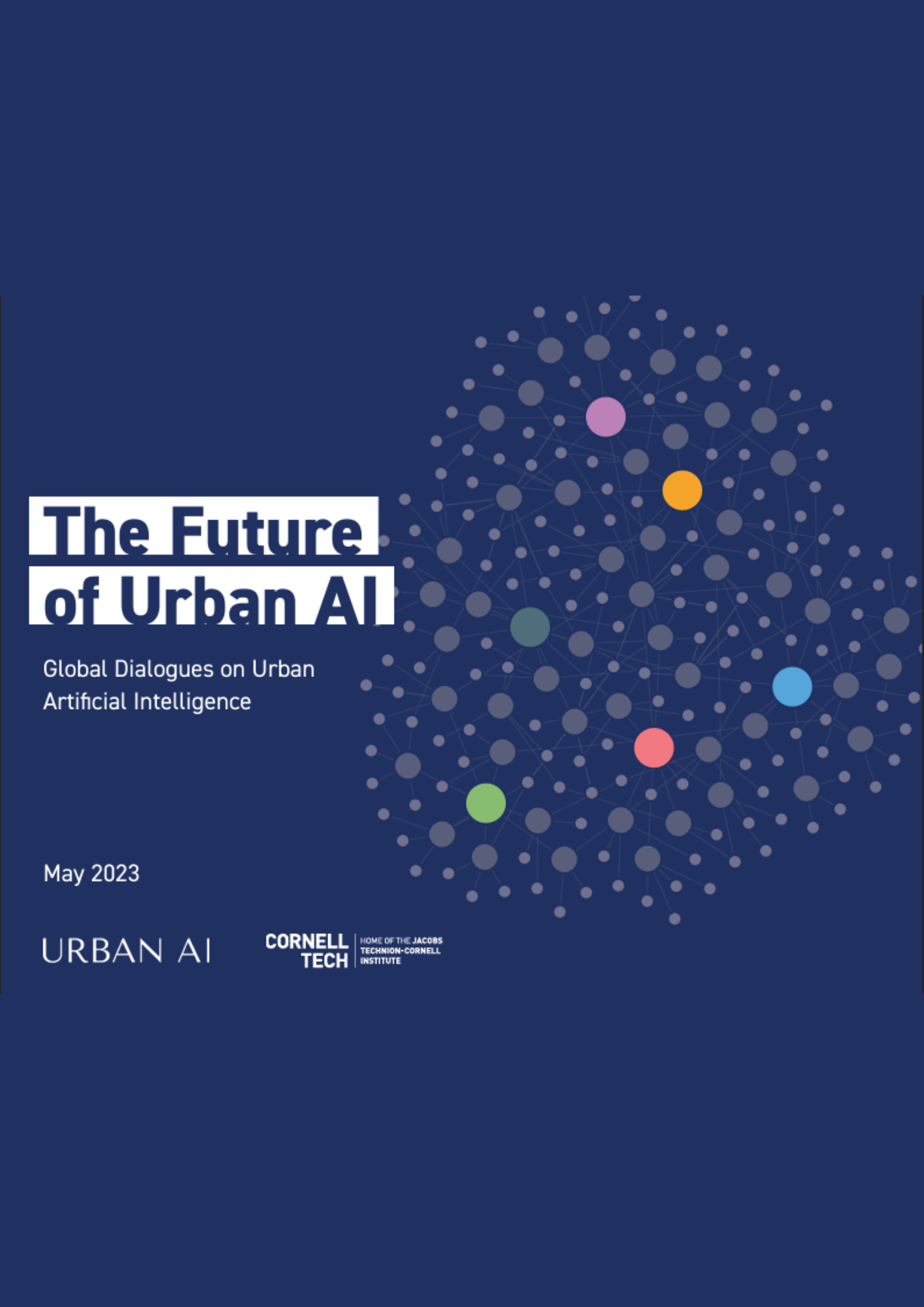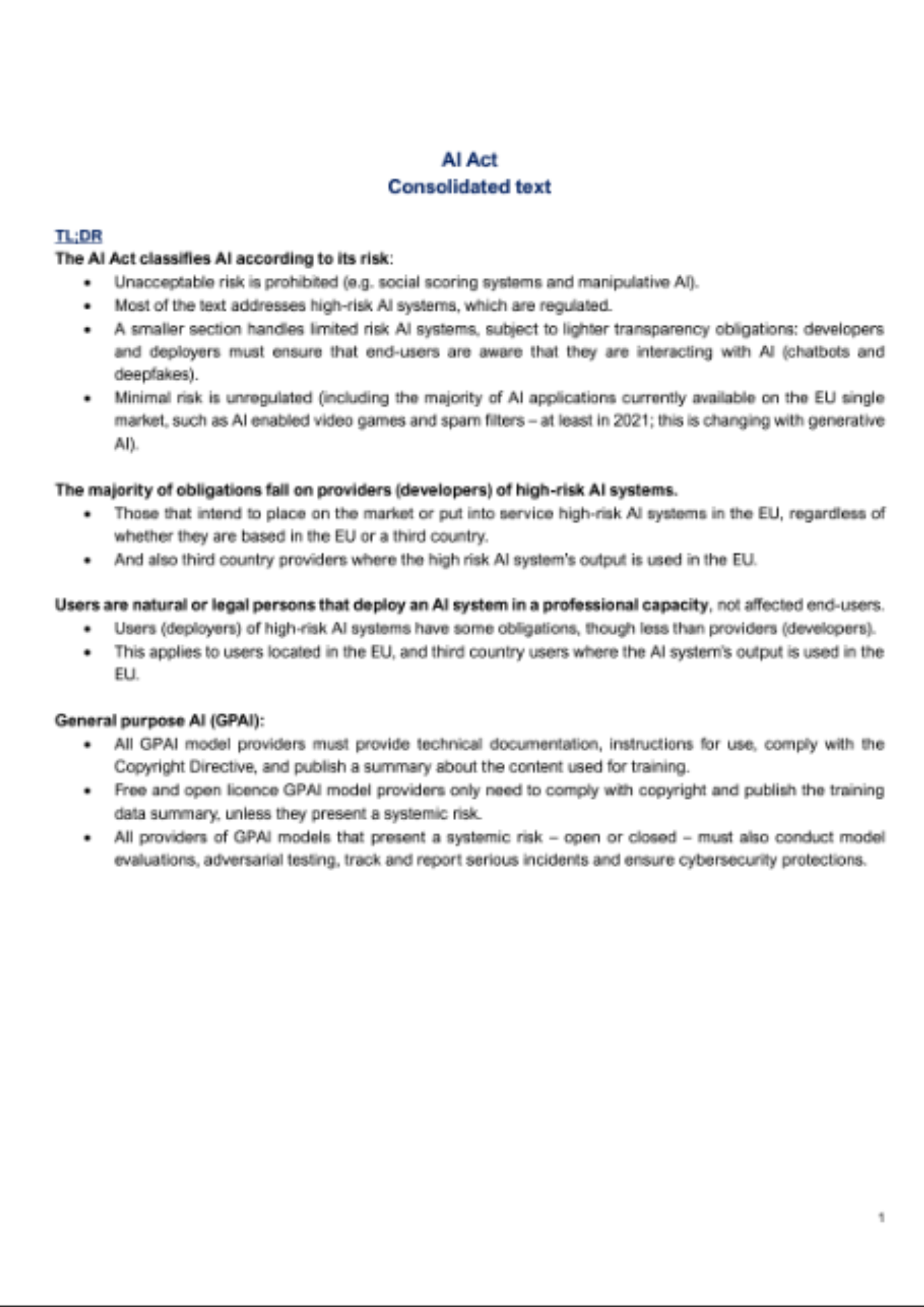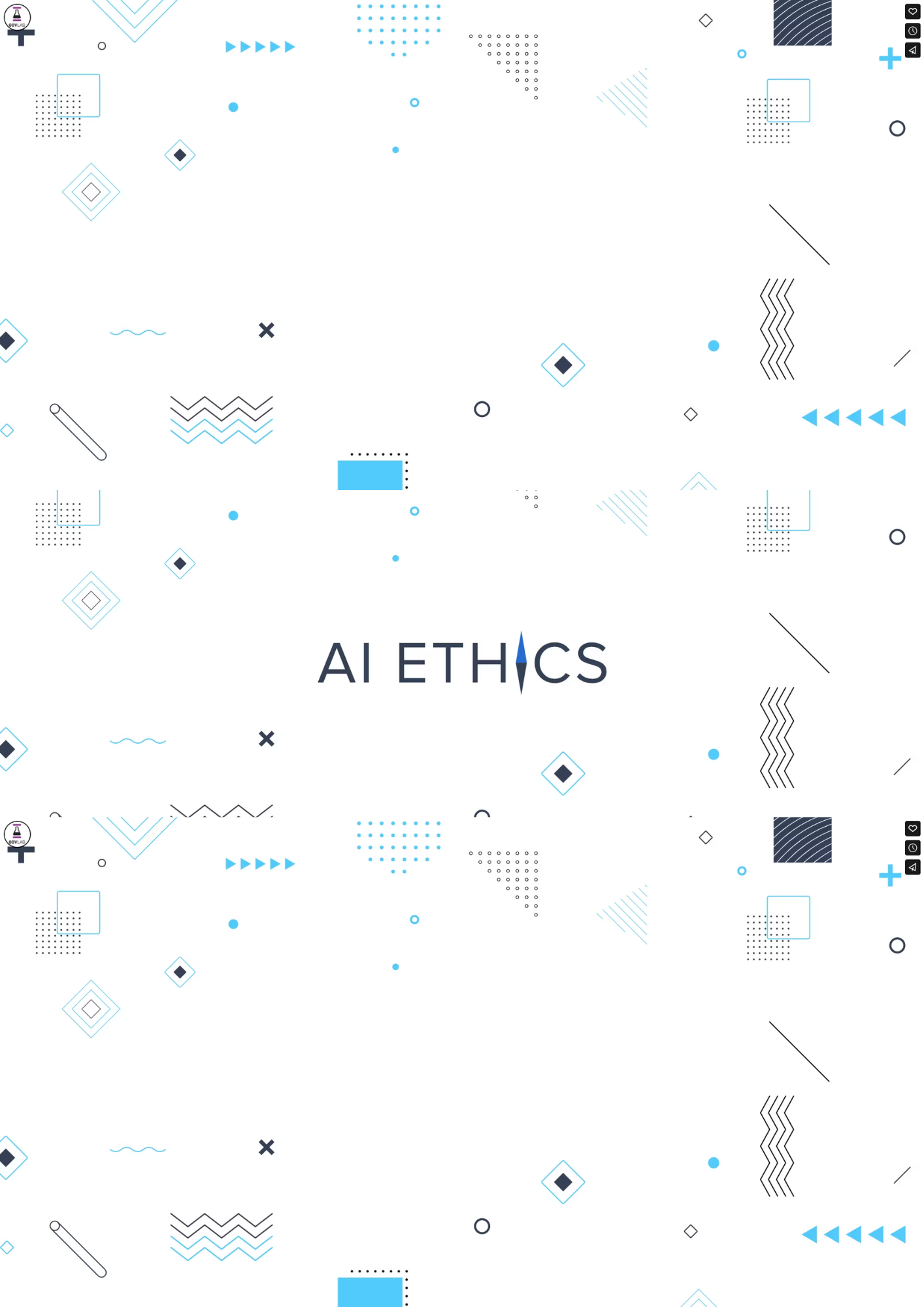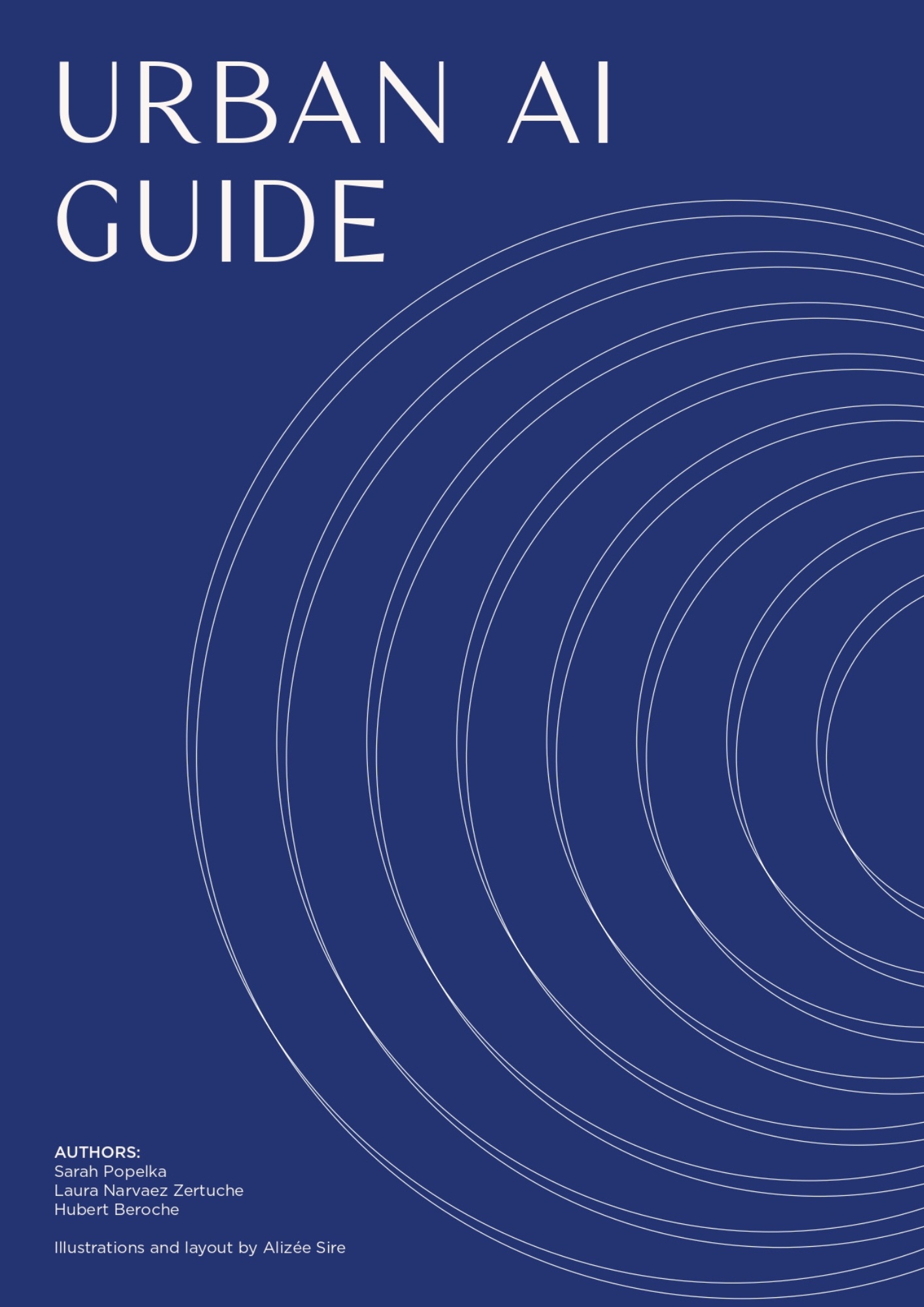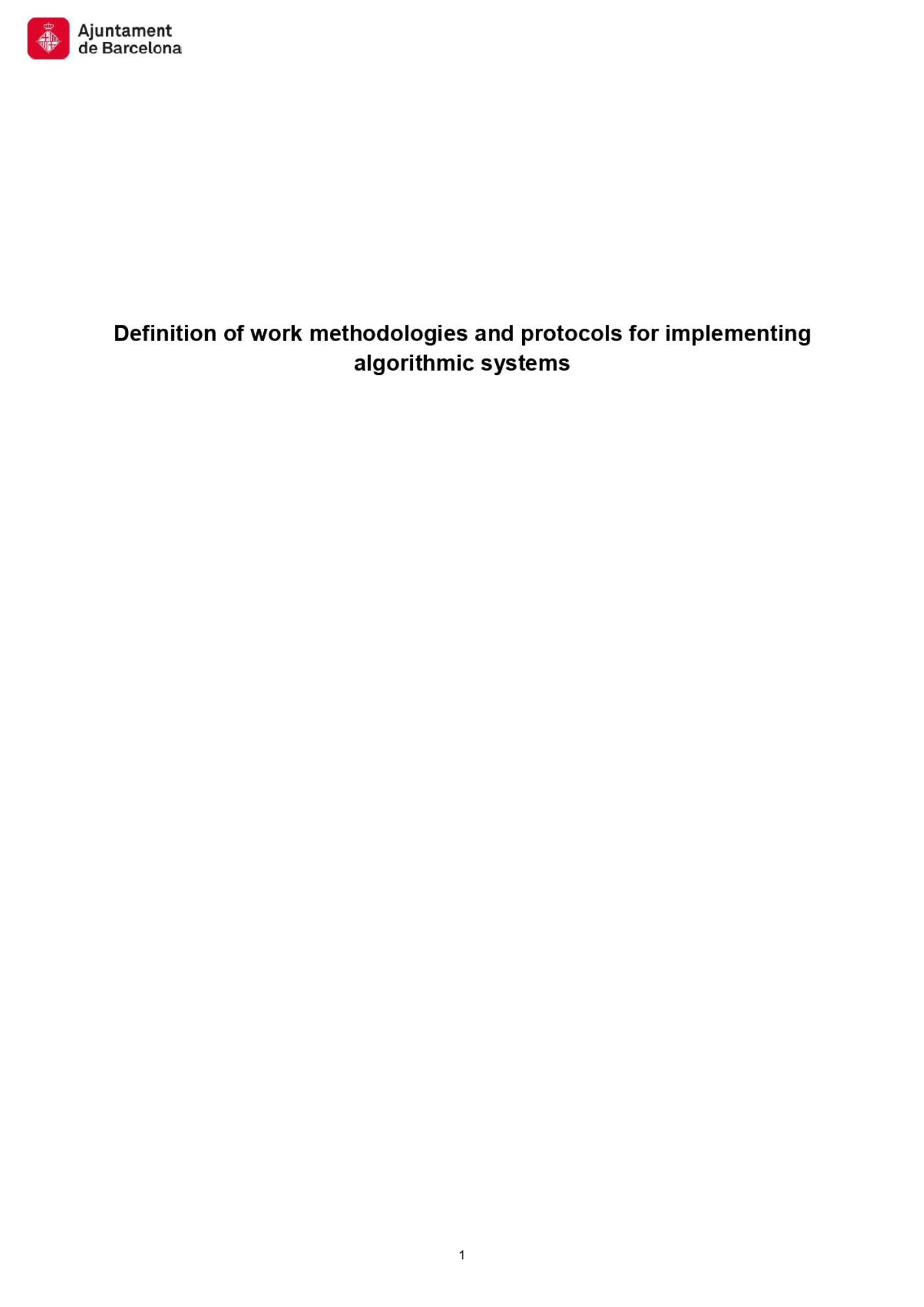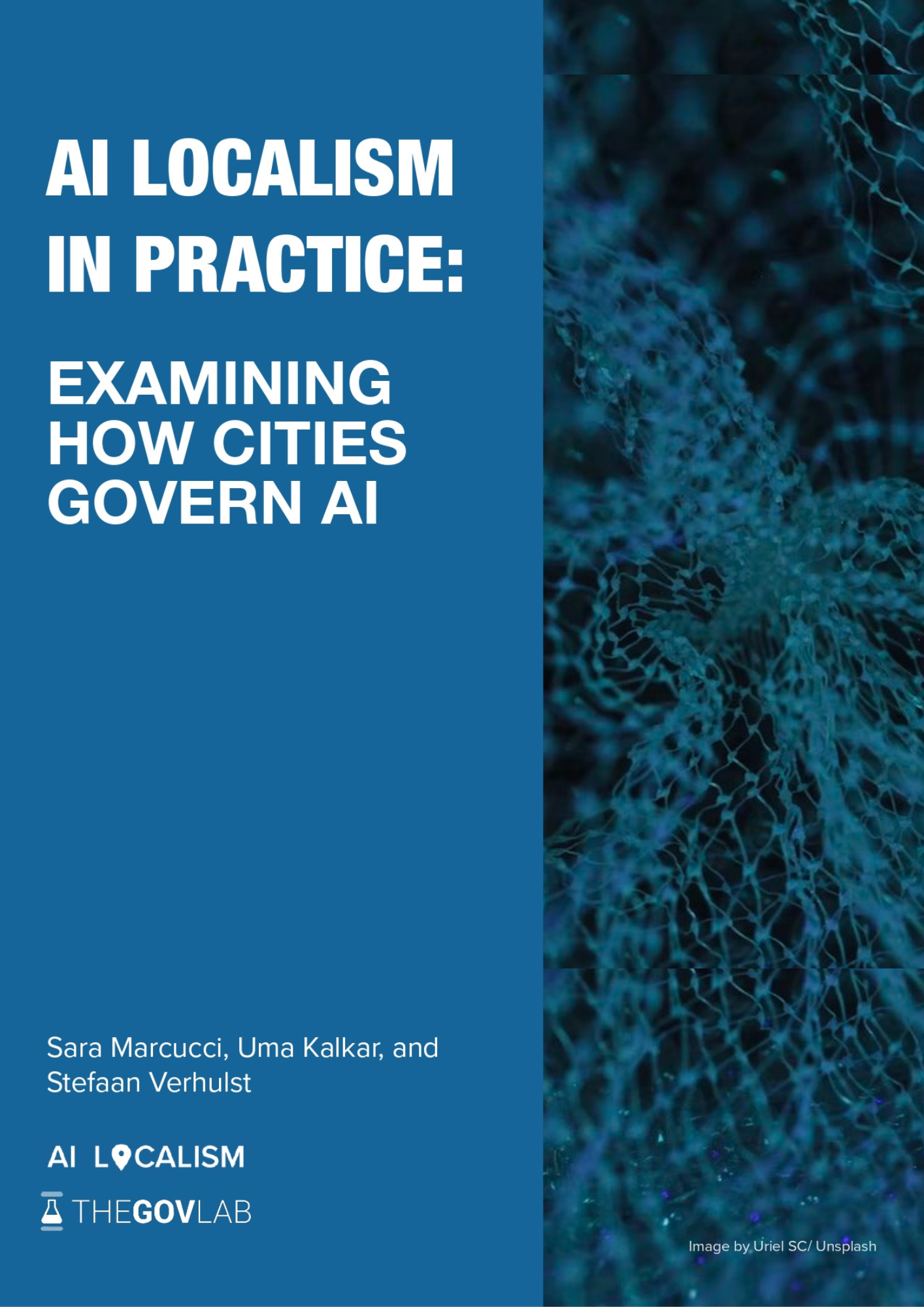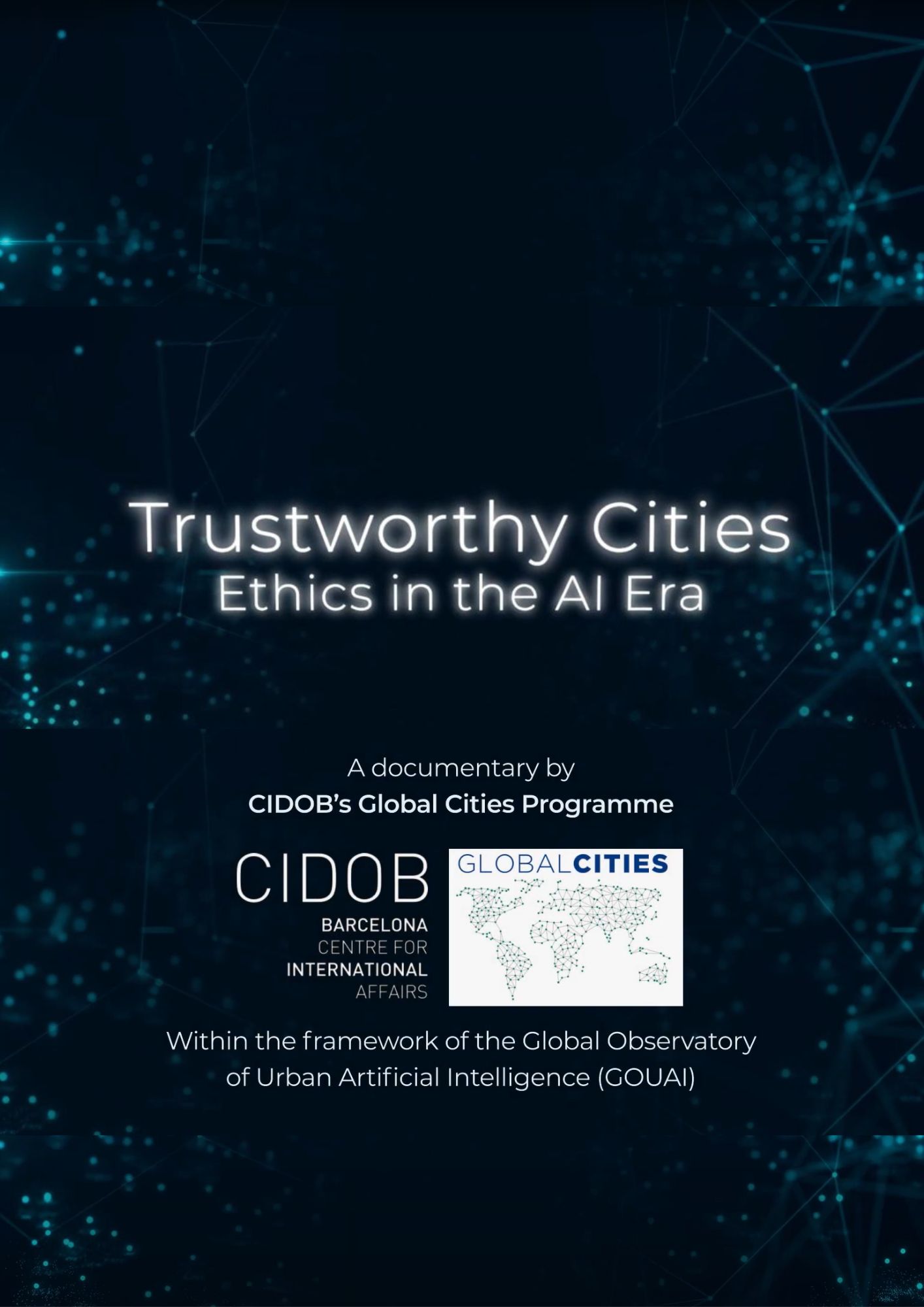The Algorithmic Transparency Standard is a set of shared categories of information that European cities can use to help people understand the algorithmic tools they use, why and how they’re using them. This includes providing information on algorithmic tools and algorithm-assisted decisions in a complete, open, understandable, easily-accessible, and free format. It also allows people to compare different algorithms within and across cities. This standard supports documenting decisions and assumptions for both management of artificial intelligence (AI) governance and provide meaningful transparency in a standardized way. In essence, its a common data schema for algorithm registries that is validated, open-source, publicly available, and ready for use in local algorithm registers.
Made by Eurocities’ Digital Forum Lab in collaboration with Amsterdam, Barcelona, Brussels, Eindhoven, Mannheim, Rotterdam and Sofia.
